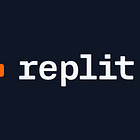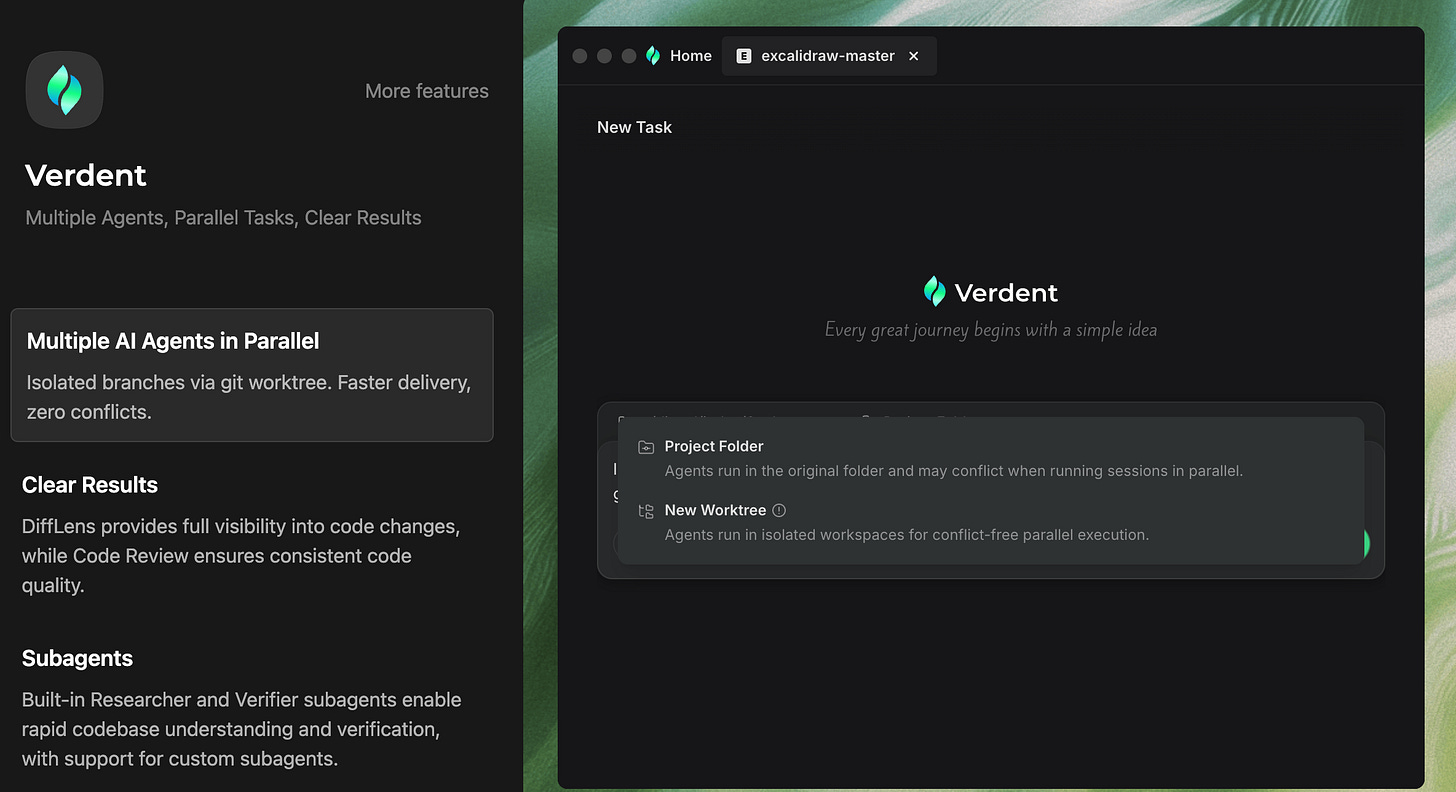Sequoia China and Tencent Back an AI Coding, Led by Former ByteDance and Baidu Excutive
Cursor ARR hit $1B; The Email platform for SaaS reportedly hit $10M ARR
Cursor ARR hit $1B
Last week, Cursor’s Series D funding pushed the AI coding space to a new peak. Accel, Coatue, a16z, Nvidia, and Google jointly invested $2.3 billion, sending its valuation to $29.3 billion, nearly 12× higher than it was in January.
Founder Michael Truell said the new capital will be used to strengthen R&D, train more advanced models (such as the Composer agent model released in October), and expand enterprise-facing business—especially targeting Fortune 500 companies.
Cursor’s team is currently around 300 people, and the company is growing extremely fast. Its ARR has already surpassed $1 billion, with enterprise revenue increasing 100× since 2025.
It feels like every AI coding company is pivoting toward enterprise customers. Lovable’s founder recently shared that their product is rapidly shifting toward enterprise clients, with over half of the Fortune 500 now using it.
And for Replit—which recently crossed $250M ARR—a significant portion of growth also comes from enterprise deals.
The boom in AI coding tools has also attracted many Chinese founders to jump into the race.
Tencent and Sequoia China back AI Coding startup Verdent AI
According to information I’ve confirmed firsthand, Tencent and Sequoia China recently invested in a China-based AI coding startup called Verdent AI. Sequoia led the previous round, and Tencent led the latest Series A, with funding in the tens of millions of USD.
Verdent AI was co-founded by Zhijie Chen, former Algorithm Lead at ByteDance (TikTok), and Xiaochun Liu, former Product & Tech Lead at Baidu.
The product positions itself as an “Agentic Coding Suite”, focusing on enabling multiple AI sub-agents to work in parallel on complex software development workflows.
According to Chen’s LinkedIn, in addition to serving as Algorithm Lead, he also served as Head of Data Science at ByteDance—managing hundreds of engineers and scientists to scale the core systems behind TikTok’s essential features.
Before that, he was Baidu’s Chief Technical Architect, where he led the development of a neural machine translation–inspired generative ad retrieval system that won the company’s highest award.
Liu, on the other hand, led search, recommendation advertising, and e-commerce product/engineering teams at Baidu—building and scaling the company’s first fully integrated live streaming commerce platform, managing a 300-person cross-functional team.
Verdent states its vision clearly:
Create AI tools that amplify engineers’ capabilities by hundreds or even thousands of times, empowering them to shape the future with limitless imagination and creativity.
Its philosophy is: move from keystroke-level completion to outcome-driven delegation.
In other words, not just completing lines of code—but letting AI agents break down tasks, write code, and verify results autonomously.
It supports a full plan → code → verify loop. Verdent provides a Plan Mode, which converts fuzzy developer instructions into structured action plans. Then multiple agents execute the tasks in parallel and finally run validation.
Verdent Deck, its desktop app, lets sub-agents operate within isolated Git environments (git worktrees) to prevent interference. It comes in two forms:
Verdent Deck — desktop app (macOS now, Windows planned)
Verdent for VS Code — a plugin integrating agent collaboration + verification + task decomposition directly into the IDE
Once a workflow is completed, Verdent generates a change summary and diff report—giving users full transparency over what AI produced. Developers can use these documents for patch notes or next-step planning.
Unlike most AI coding tools that focus on prompt-based code completion, Verdent handles planning, sub-task decomposition, autonomous coding, verification, and coordination. If traditional tools are “assistants,” Verdent emphasizes autonomous agents.
The product targets teams building large-scale software—where code quality, task automation, and verification matter deeply. Chen’s background in large-scale system engineering is visible everywhere: the architecture uses multi-model / multi-agent coordination, similar to large-scale recommendation systems.
Any advanced recommendation system—TikTok, Facebook, YouTube—is a massive system-engineering project. They do not rely on a single giant model but coordinate hundreds of models to optimize different objectives.
The team is highly attuned to software-engineering complexity. Their ambition is not “a better autocomplete tool” but truly freeing developers from repetitive work, allowing humans to focus on strategic tasks (planning, design, system thinking).
As Chen says:
Verdent’s goal is to let human developers maximize their strategic value in the AI era—humans direct strategy, validate results, and build what’s next.
If the generate → test → repair cycle becomes reliable, Verdent could offer much higher code quality and stability than typical autocomplete tools—reducing bugs, saving review time, and enabling scalable agent orchestration for complex software projects.
The Email platform for SaaS reportedly hit $10M ARR with less than 10 people
Recently, there’s been a fascinating email-sending product whose ARR is reportedly nearing $10 million, with a team of only three people through all of 2024.
Although there are many email platforms—Mailchimp, SendGrid, Customer.io—it is specifically built for small SaaS teams. It unifies three fragmented email categories into one single interface:




